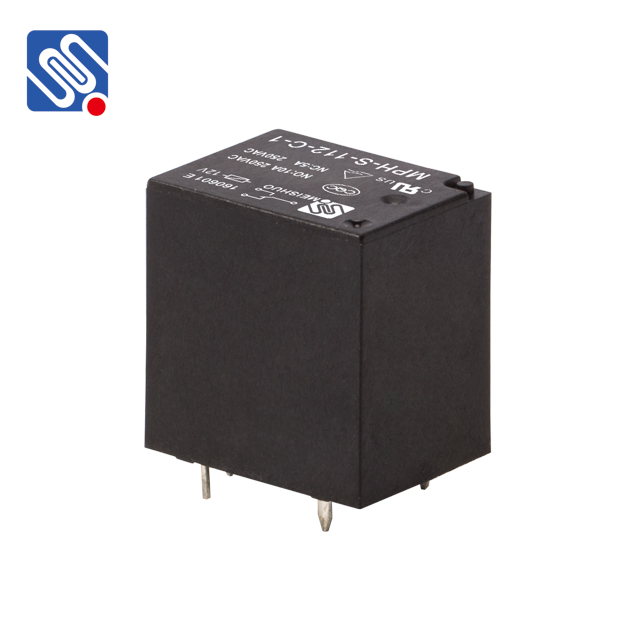Relay functional testing is a crucial process in ensuring the proper operation and reliability of electrical systems. Relays are widely used in various industries, from power distribution and industrial automation to automotive and telecommunication systems. Their primary function is to act as a switch, controlling electrical circuits based on input signals. Since they are essential components in safeguarding electrical equipment and ensuring smooth operations, it is imperative to perform functional testing to verify their performance and identify any potential failures before they occur.

What is Relay Functional Testing? Relay functional testing refers to the process of evaluating the operation and performance of a relay under different conditions to ensure that it functions as expected. The goal is to verify that the relay correctly responds to its control signals and operates within the specified parameters, including time delay, contact switching, and other operational features. This testing typically involves simulating normal and fault conditions to assess how the relay responds to various scenarios. Importance of Relay Functional Testing Reliability and Safety: Relays play a key role in protecting electrical systems by disconnecting circuits during abnormal conditions, such as overloads, short circuits, or system faults. If a relay fails to operate as intended, it can lead to system malfunctions or even dangerous situations, such as electrical fires. Functional testing ensures that relays are reliable and will function correctly in an emergency, providing an added layer of safety to the electrical system.